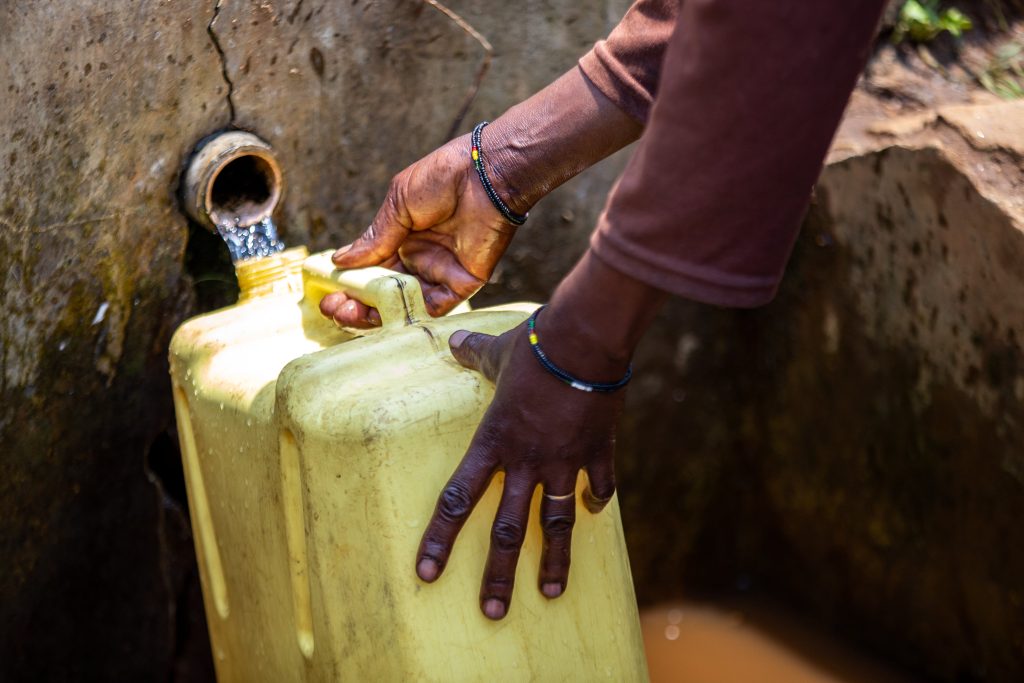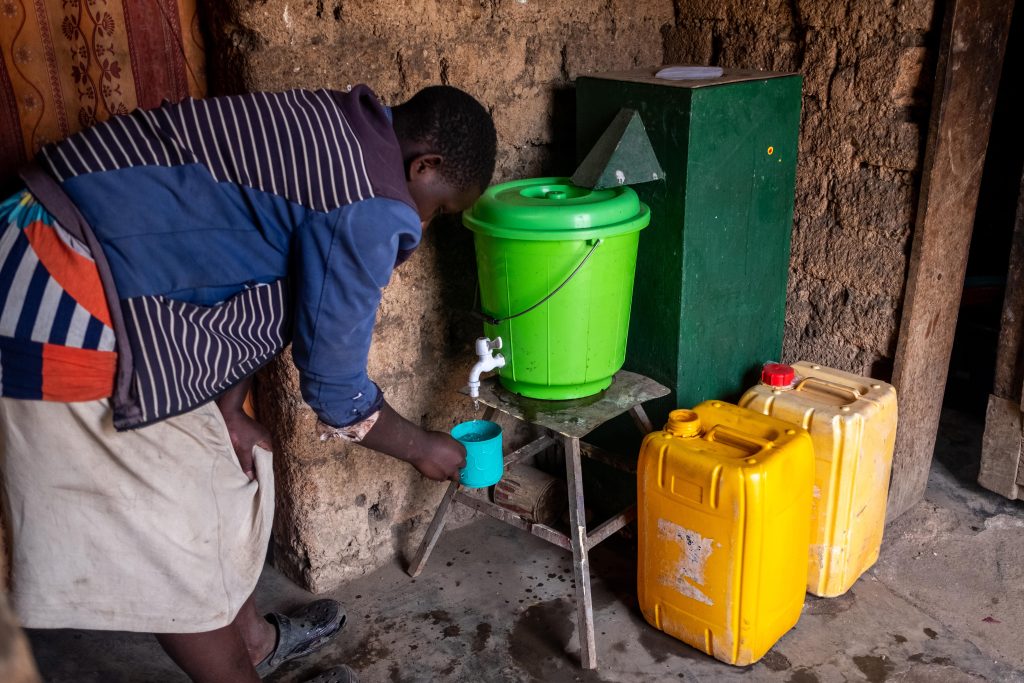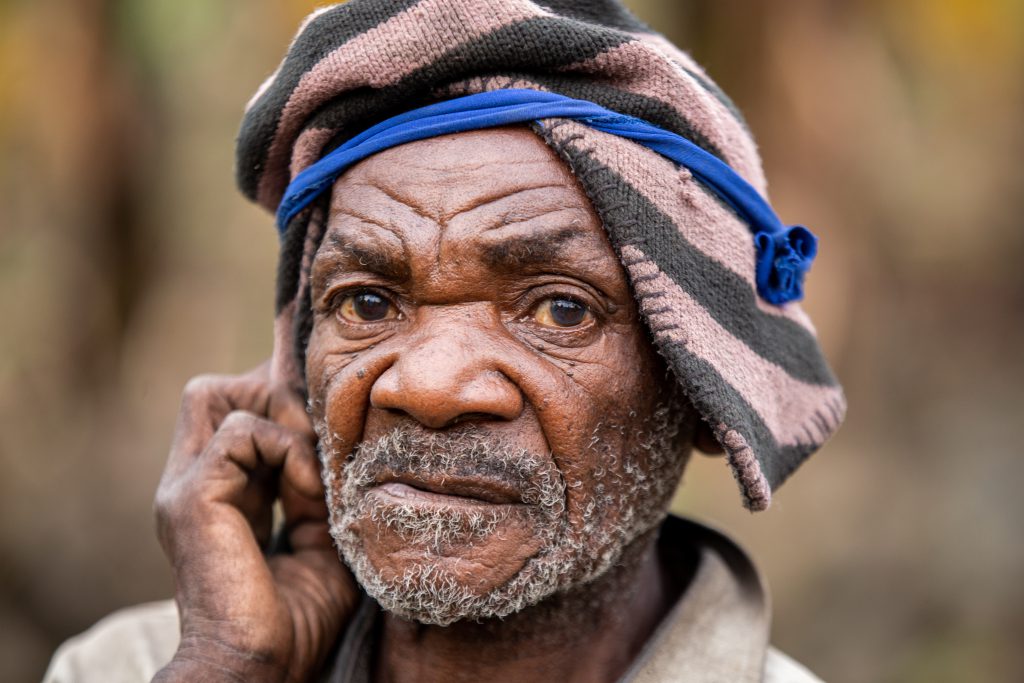Improve access to water

Rwanda is said to be one of the African countries that use water at a very low scale. Statistics show that a Rwandan uses an average of 670 cubic meters annually as opposed to 4,000 cubic meters for citizens in some African countries. Rainwater is among the most used water sources in Rwanda especially in rural areas. The rainwater is abundant in the Northern and Western provinces of Rwanda where forests and volcanoes lie; and is there where rainwater is mostly used in different activities since there are no other water supply systems. Usually, it is the burden of women and children to seek water for the household. Often, they walk an average of 4 km to collect it and they are exposed to various forms of violence.
In addition, due to a lack of rainwater harvesting, Rwanda is passing through a hard time of disasters from heavy rainfalls and has lost a lot of things from this last. Plants have been damaged due to erosion, houses have been destroyed due to floods and landslides and people died from these disasters.
EDUCATION ON WASH PRACTICES

In Rwanda, only 57 percent of the population access safe drinking water that is within 30 minutes of their home. When children spend time collecting water, it often keeps them out of school. This is an issue, especially for girls, who are often expected to take on the majority of household tasks. Even if water is available near the home, that water is often not safe to drink. When children drink contaminated water, they risk severe illness and even death from water-borne diseases.
MICRO-FLASH TOILET

Lorem Ipsum is simply dummy text of the printing and typesetting industry. Lorem Ipsum has been the industry’s standard dummy text ever since the 1500s, when an unknown printer took a galley of type and scrambled it to make a type specimen book. It has survived not only five centuries, but also the leap into electronic typesetting, remaining essentially unchanged. It was popularised in
Improve access to hygiene and sanitation

Most communities from rural areas of Rwanda especially those located in the Volcanic area don’t have access to a safe toilet. Poor sanitation contaminates drinking water sources and spreads diseases among the wider population. Just $1 invested in basic sanitation returns up to $5 in saved medical costs and increased productivity. Basic sanitation means that every household has its own toilet and does not share it with another household. These toilets should also keep human waste out of contact with people. Program: To contribute to responding to these challenges HIHD supports communities by offering pieces of training on the construction of off-grid and odor-and-fly-free composting toilets that naturally process waste and output pathogen-safe compost for agricultural use. The toilet does not require digging deeper and uses a filter digester for solids and liquids to separate. The liquid is processed naturally in a sinkhole or can be diverted to a container. The solids are composted by earthworms. The flushing and processing is accelerated using grey water from a handle-less hand-washing container in the toilet. HIHD also supports communities to increase hygiene and sanitation through the establishment of adequate sanitary infrastructures.
